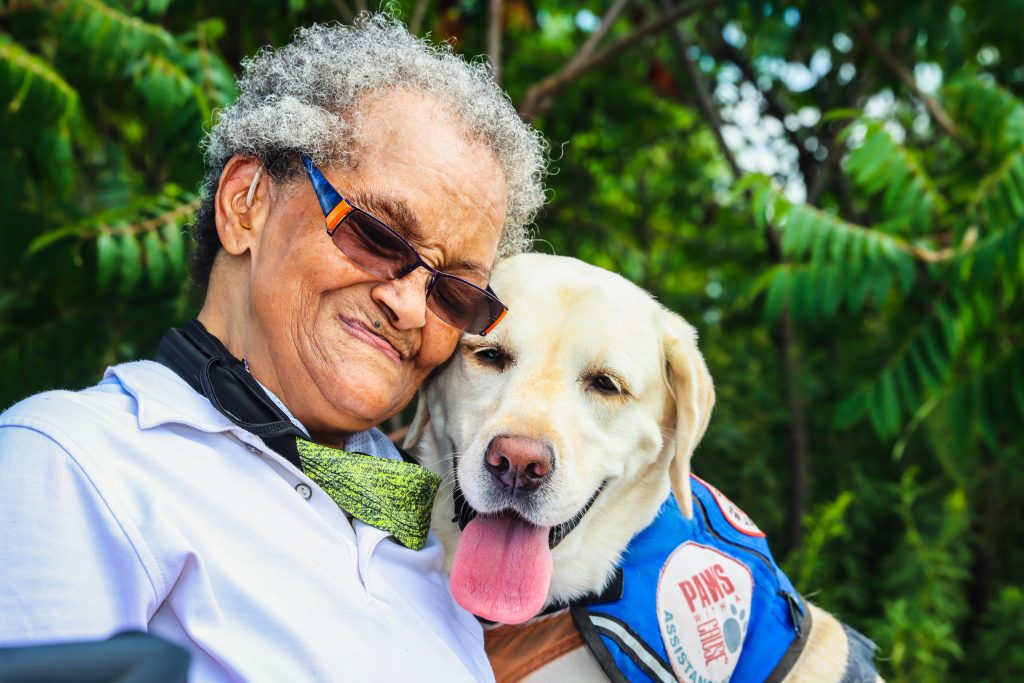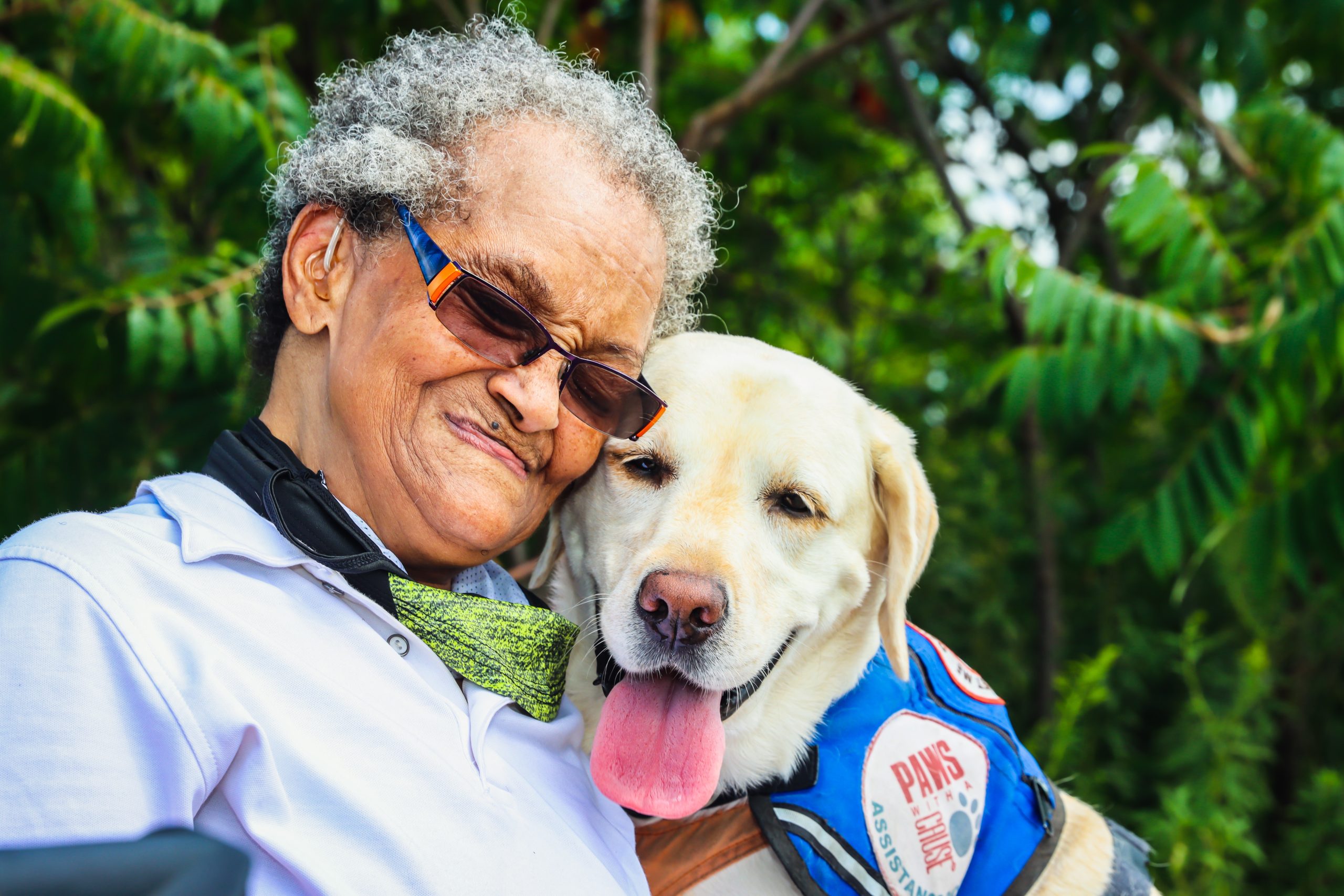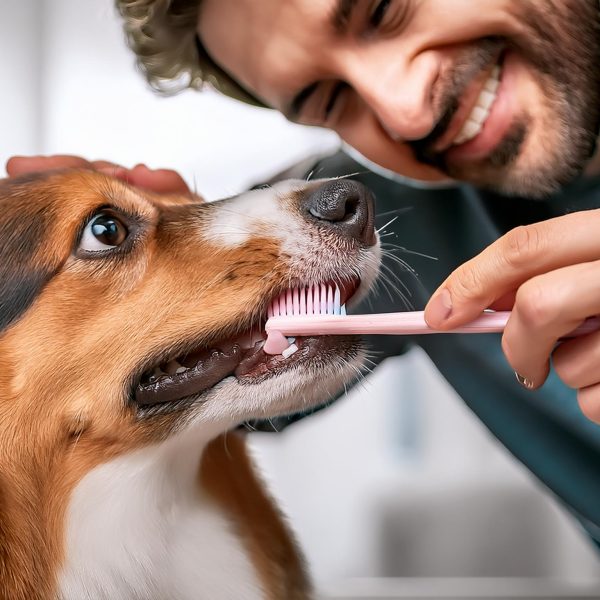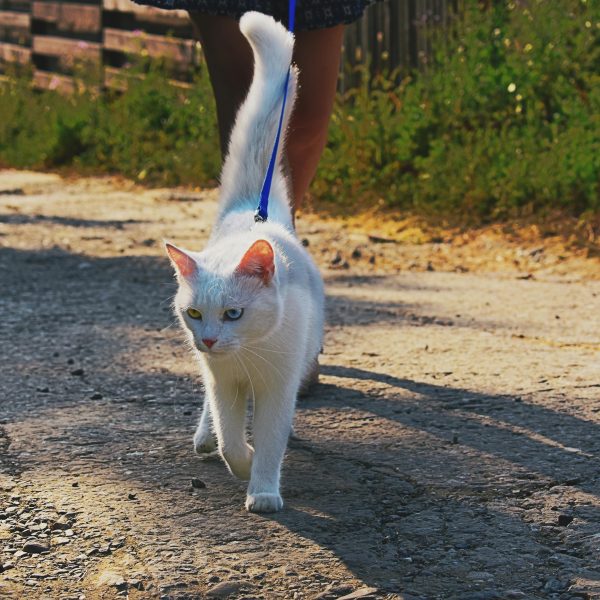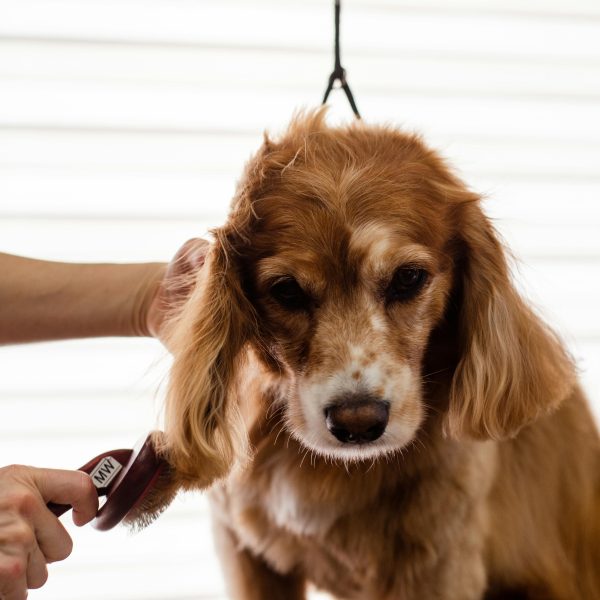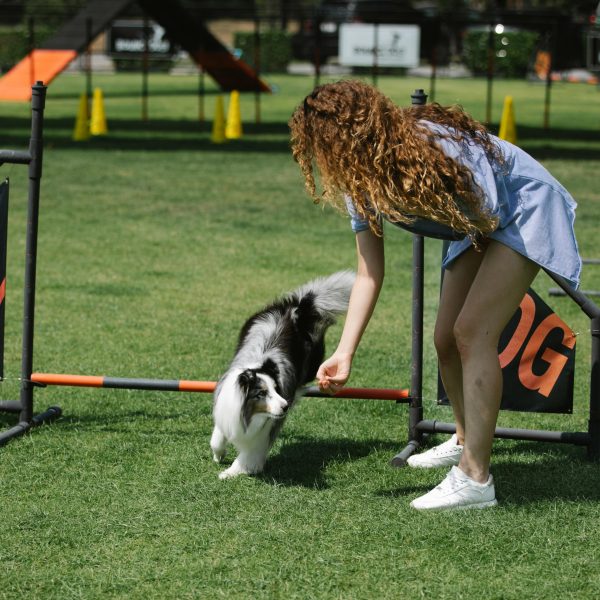As our beloved pets grow older, they undergo an aging process similar to humans. Senior pets experience changes that can lead to health issues. It is essential to understand these age-related concerns and provide care to improve the well-being of our cherished companions as they age.
The Changing Health Landscape for Pets
Aging affects all living creatures, including our pets. Just like humans, aging in pets brings about changes due to a combination of factors such as influences and the cumulative effects of wear and tear on their bodies.
While the specific age at which a pet is considered “senior” may vary based on factors like breed and size, it typically occurs around 7 years for dogs and 9 years for cats. This transition often entails changes in their health needs and requirements.
Common Health Concerns Associated with Aging
1. Joint Health: Arthritis and other joint-related issues become more prevalent as pets enter their senior years.
As pets age, they may face challenges like mobility and discomfort. To alleviate these problems, it is beneficial to provide them with supplements that help maintain weight and encourage engagement in low-impact exercises.
2. Dental Issues: Aging pets commonly experience dental problems.
As our pets get older, it’s crucial to be mindful of their heart and kidney health. The accumulation of plaque, gum disease, and tooth decay can cause discomfort during meals and impact their well-being. Regular dental checkups and professional cleanings are necessary, along with at-home care.
3. Vision and Hearing Decline: Like humans, pets may experience a decline in vision and hearing as they age. Conditions such as cataracts, glaucoma, and retinal degeneration can affect their eyesight, while hearing loss may make them less responsive to cues. Adapting their environment accordingly and scheduling checkups can effectively manage these changes.
4. Cognitive Decline: Cognitive decline is another issue that senior pets may face, often referred to as “doggie dementia” or “feline cognitive dysfunction.” This condition can lead to confusion, disorientation, changes in sleep patterns, and altered behavior. Providing enrichment activities and stimulation can help support their cognitive function. In some cases, medications prescribed by a veterinarian may also assist.
Caring for Senior Pets
Providing care for our pets involves being proactive in managing their health while giving them the companionship they need. Here are some important steps to ensure that your beloved furry friend enjoys comfort and happiness throughout their golden years.
- Kidney Health: As pets age, pay attention to the well-being of their heart and kidney systems. Regular vet checkups and a suitable diet are crucial. Watch for changes in water consumption and urination habits, as these can be signs of underlying issues.
- Weight Management: Obesity can worsen existing health problems in pets. Monitor their activity levels and metabolism, control portion sizes, and ensure they get regular exercise to maintain a healthy weight.
- Cancer Awareness: The risk of cancer increases as pets age. Early detection is key, so regular vet checkups and vigilance for lumps or changes in behavior are essential.
- Tailored Nutrition: Choose high-quality age-appropriate food to support your pet’s health, immune system, and overall well-being.
- Exercise and Stimulation: Encourage exercise and provide mental stimulation to keep your pet’s muscles toned and their mind sharp.
- Dental Care: Establish a dental care routine to prevent oral diseases that can affect your pet’s health. Regular brushing and offering dental treats can help maintain oral hygiene.
- Comfortable Environment: Create a comfortable environment at home with soft bedding, easily accessible food and water bowls, and aids like ramps or stairs for mobility-challenged pets.
- Regular Grooming: Regular grooming sessions are important for checking your pet’s skin for potential problems, especially if mobility issues prevent them from self-grooming.
- Medications and Supplements: Some senior pets may require medications or supplements. Consult your veterinarian for guidance on administering these treatments.
- Offering Love and Care: Older pets thrive on companionship and attention. Spending quality time, showing affection, and meeting their needs contribute to their well-being.
Embracing the Aging Process
Aging is a part of life for both humans and our beloved furry friends. While it’s inevitable that senior pets may face health issues, these challenges don’t have to dampen the joy they find in life.
By providing our pets with care, attention, and a deep understanding of their changing needs, we can ensure that they navigate their years with comfort, respect, and all the love they deserve. Let’s embark on this journey together and offer our companions the care they need during their twilight years.

